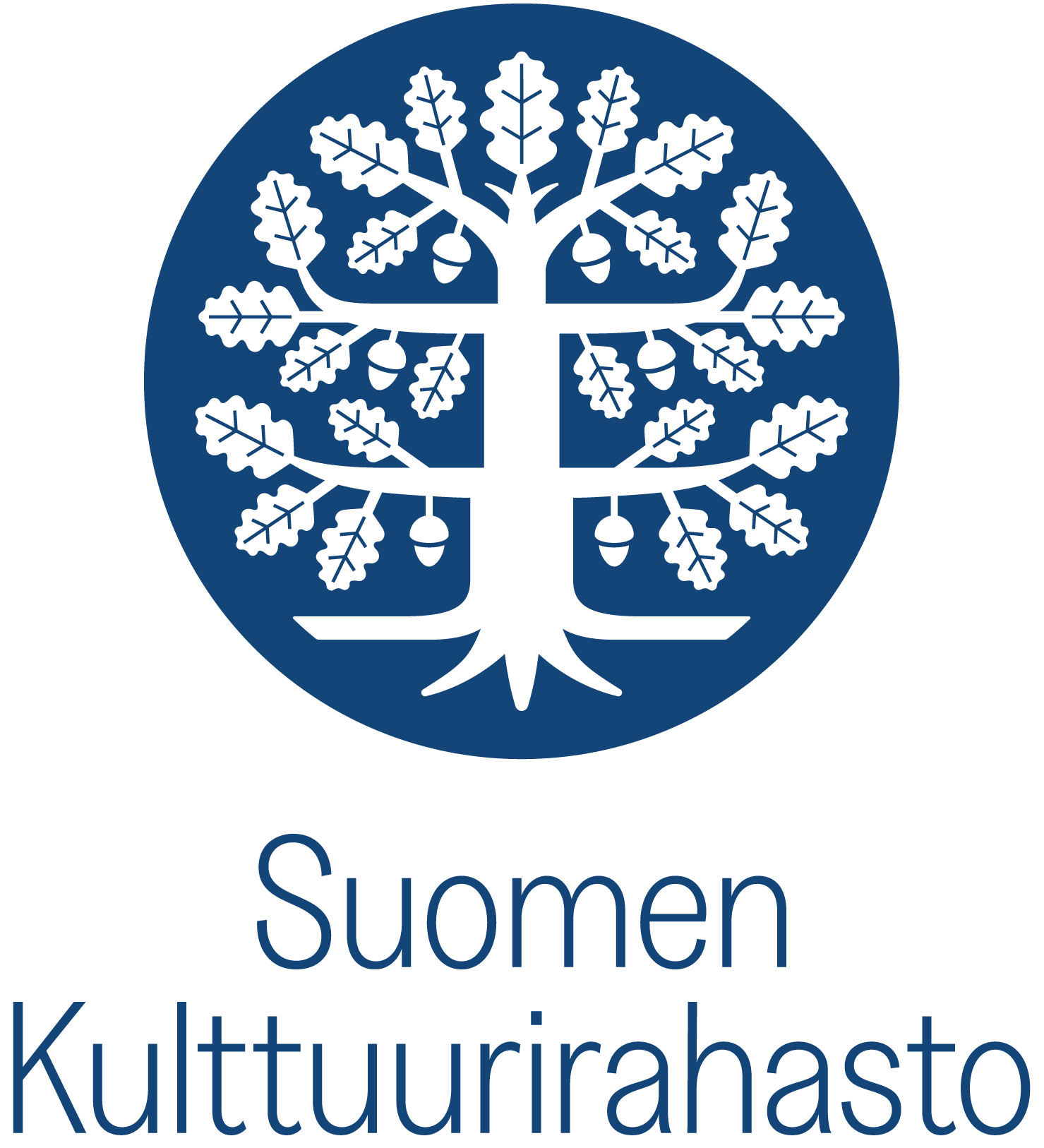
The Future of Nordic Youth in Rural Regions: A Cross-national Qualitative Longitudinal Study in four Nordic Countries
Among the world's high-income countries, the Nordic countries are perceived as fairly rural, and even if the Nordic countries are rich welfare states, the regional differences have grown. The financial crisis of 2008 affected the sparsely populated regions particularly hard. This resulted in e.g. schools being closed down and also the conditions for traditional rural industries have deteriorated due to both economic crises and climate change, and the population structure has become skewed as young people have moved away.
These problems force many young people in the countryside to make big decisions earlier on than their urban counterparts. For example, many of them have to move away from home already at the age of 15, to avoid travelling long distances to their places of education.
There is a lot that we don’t know about daily life for young people who remain in the countryside. In addition, the wider historical, political and cultural contexts surrounding the changes in rural areas are seldom taken into account. To understand these historical trends and cultural aspects it is necessary to understand why some people are content living in the countryside while others feel that they are pushed away.
The project is based on unique, longitudinal data on 196 young people and young adults born 1998–2005. Their places of birth stretch from Sápmi in the north of the Nordics to the southernmost agricultural regions in Denmark. In addition to data collected since 2013 in Finland, Sweden, Norway and Denmark, the project will also collect new quantitative and qualitative data.
The research project aims to understand the experiences of rural youth, their sense of belonging and hopes for the future. It will study similarities and differences between the Nordic countries. The aim is to identify specific questions that concern rural young people in the Nordic region and to generate knowledge that can be used by decision-makers.
The scientific disciplines in the project are history, sociology, education, cultural studies and geography. The project is hosted by the University of Jyväskylä. It has been granted 900,000 euros.
Follow the project
Project group

Docent Kaisa Vehkalahti (project leader), University of Jyväskylä
Professor Maria Rönnlund, Umeå University
Lecturer Aina Tollefsen, Umeå University
Research Professor, PhD Jeanette Østergaard, Rockwool Foundation, Denmark
Professor, Ingunn Marie Eriksen, NOVA–Norwegian Social Research Institute, Oslo
Researcher, MA Patrick Lie Andersen, NOVA–Norwegian Social Research Institute, Oslo
Lecturer, docent Päivi Armila, University of Eastern Finland
PhD Lauri Julkunen, University of Jyväskylä
PhD Helena Ristaniemi, University of Jyväskylä







